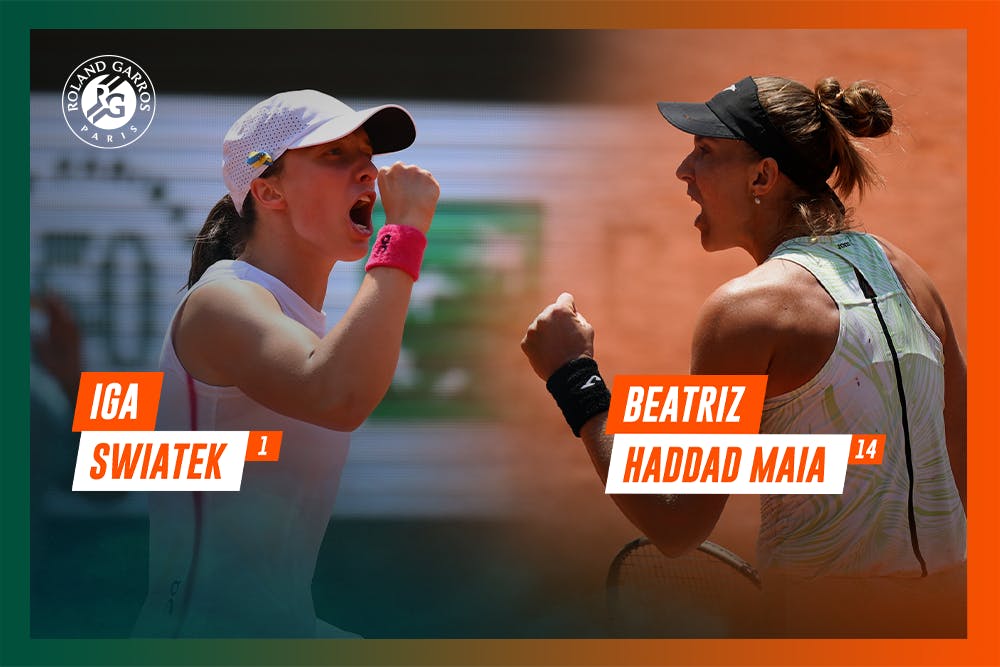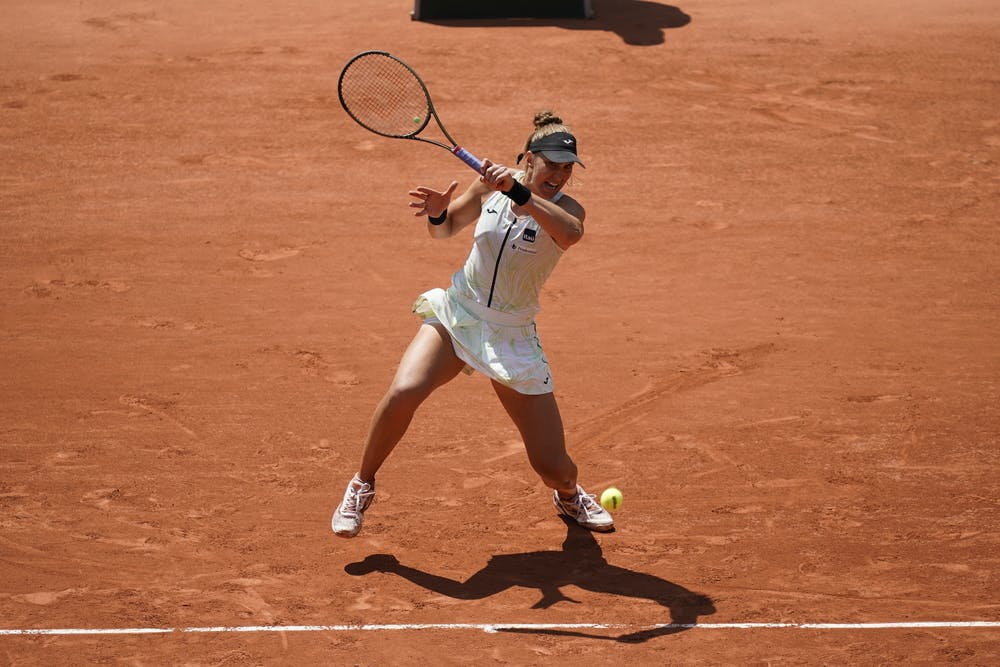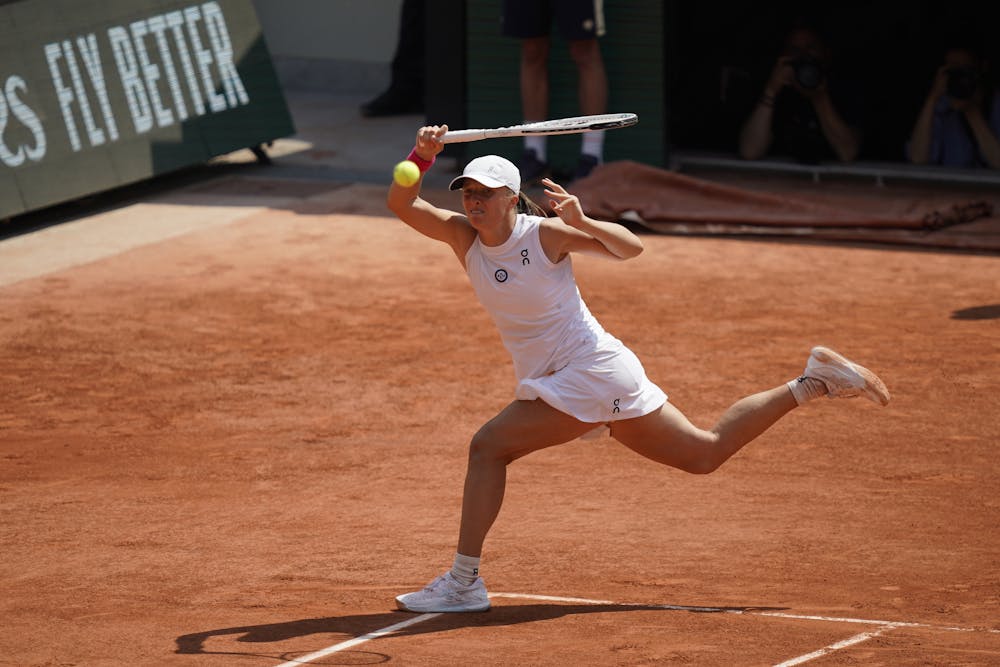She came from a set down to defeat No.7 seed Ons Jabeur on Wednesday and became the first woman from her country to reach the Roland-Garros semi-finals in Open Era history in the process.
Swiatek and Haddad Maia have met only once before, with the Brazilian claiming victory in three gruelling sets in the round of 16 last year in Toronto.
Here's a tactical breakdown of their upcoming semi-final clash.
Can Haddad Maia follow the blueprint?
What’s a recipe for disaster against Iga Swiatek? Playing too passive. Over the course of her current 12-match winning streak on the Parisian clay, Swiatek has proven time and time again that she can lay waste to indecisive opponents like no other player on tour.
But there is a way to beat her.
The blueprint to defeat Swiatek – on clay or otherwise – has been put in place this year by the Pole’s rivals, Elena Rybakina and Aryna Sabalenka. The pair have been able to earn stunning victories over the world No.1 by forcing her out of her comfort zone.
 ROLAND-GARROS
18 May - 7 June 2026
ROLAND-GARROS
18 May - 7 June 2026




